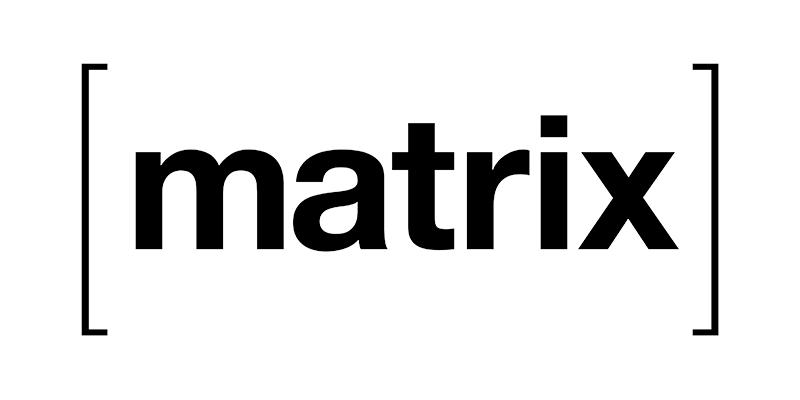- cross-posted to:
- matrix@lemmy.ml
- cross-posted to:
- matrix@lemmy.ml
That’s quite a bit of work, well done. Shame to hear that the funding situation is like that.
Funding is unfortunate but its why you don’t use permissive licenses. I do hope they figure that out and everyone pulls their weight.
I think the problem isn’t permissive licenses in this case. It’s not like AWS is running Matrix servers themselves or so.
The government deployments to far have been highly specified (and non-federating) systems requiring a lot of customizations, little of which is suitable for upstreaming and for which these “non-contributing” companies were specifically recruited for in a competitive bidding procedure (that EMS either lost or chose not to compete in). They usually also require on-prem deployments making the EMS cloud service unsuitable.
I think what we see here is a mix of market miss-match, i.e. EMS wants to be a public service, but their actually potentially paying customers want closed walled gardens for highly specific use-cases and a VC funded over-growth of EMS as a company and thus unrealistic ROI expectations and staff expenditures.
I think what will happen is that their VC funders will force them to spin-off a government service company to compete in such bids and slowly by slowly the focus will become primarily this as a service to the general public is not sufficiently profitable and it is also hard to compete with Slack and Discord there.
And in the end all the open-source enthusiasts will be left standing in the rain as the open Matrix federation is so over-engineered and has been developed with a “make it work somehow, fix it later” mindset, that without significant developer resources it will break under its own weight sooner or later.
Good points. Also it’s a bit of a stretch to say the different parties are using it for free anyway, because professionally maintaining infrastructure in a way where even a bit of resilience is expected is not cheap. The budget for running these self-hosted platforms can easily be eaten by one person’s salary + infrastructure costs. It in many cases would probably be cheaper to just pay for Slack, but because of some requirements they rather pick one of the open source ones and do what they can within the allocated budgets. I doubt there’s any malicious intent in these situations, or any wish to just be freeloading, but something a bit more complex.
Ofc would be nice if money was flowing the right direction.




